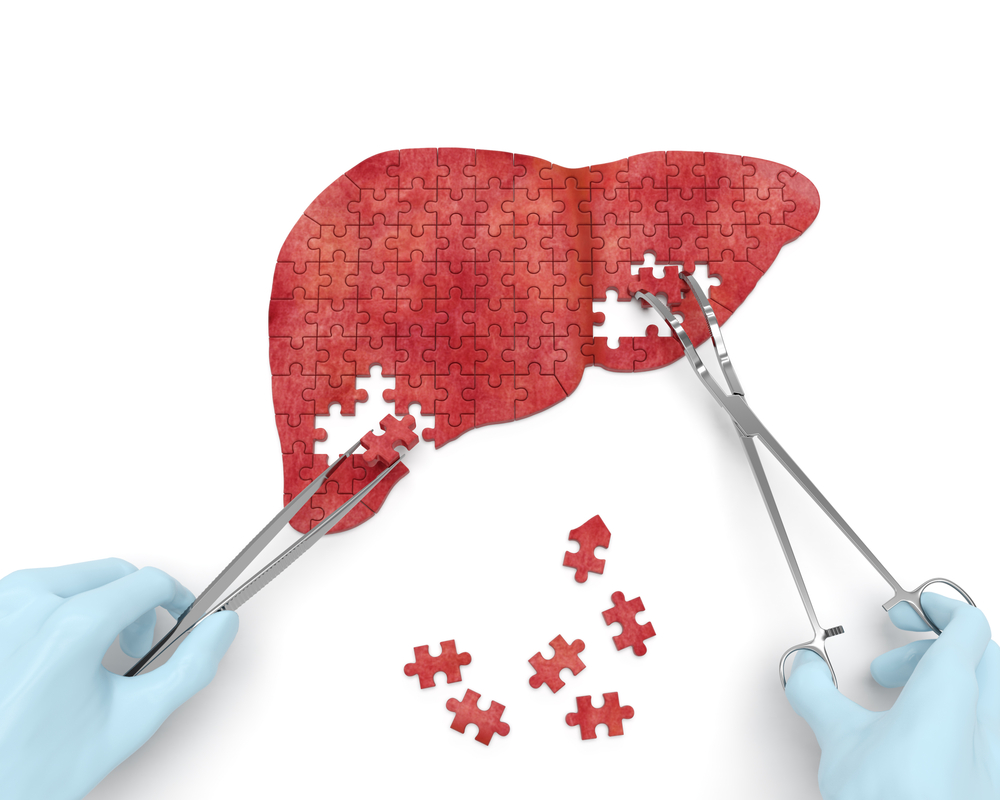Liver Cancer Cells Find Alternatives When Fat, Their Main Fuel, Disappears
Written by |

Scientists have long believed that liver cancer cells needed fat molecules to survive, and that by blocking fat production, the cancer would starve. But a new Australian study shows this may not be the case — and that liver cancer cells find novel ways to survive when they can’t access their main fuel.
The study, “Inhibition of hepatic lipogenesis enhances liver tumorigenesis by increasing antioxidant defence and promoting cell survival,” appeared in the journal Nature Communications.
Lipogenesis is a biochemical process for fat production that is increased in liver cancer — a feature associated with poor prognosis.
“Many people suspect an Achilles’ heel of liver cancer is a metabolic process in cells called lipogenesis, which converts sugars into fats,” the study’s senior author, Kyle Hoehn of the University of New South Wales (UNSW) in Sydney, said in a news release. “This fat production is thought to play an important role in helping cancer cells proliferate.”
Previous studies in lab grown cells have shown that blocking lipogenesis decreases cancer cell survival, but nobody knew whether this also occurs in a living organism.
To find out, UNSW researchers induced liver cancer in mice while simultaneously blocking liver lipogenesis, by inhibiting genes associated with this mechanism. They expected that this would block cancer cells from growing. To their surprise, those cells grew twice as fast.
“Our discovery was completely counterintuitive,” Hoehn said, “but it clearly indicates that any treatment of liver cancer with these drugs in the future should be approached with caution, as there could be unanticipated consequences.”
Further experiments showed that blocking lipogenesis in the liver improved cancer cells’ antioxidant defense system, a mechanism that helps damaged cells to survive. These findings show that — contrary to accepted belief — antioxidant enzymes play a key role in helping cancer cells survive.
Researchers also found that, in the absence of lipogenesis to produce fat, cancer cells get more fat from the blood and preserve it more, by using less of it.
“Cancer cells always seem to have a workaround,” Hoehn said. “They’re smart little bastards.”


